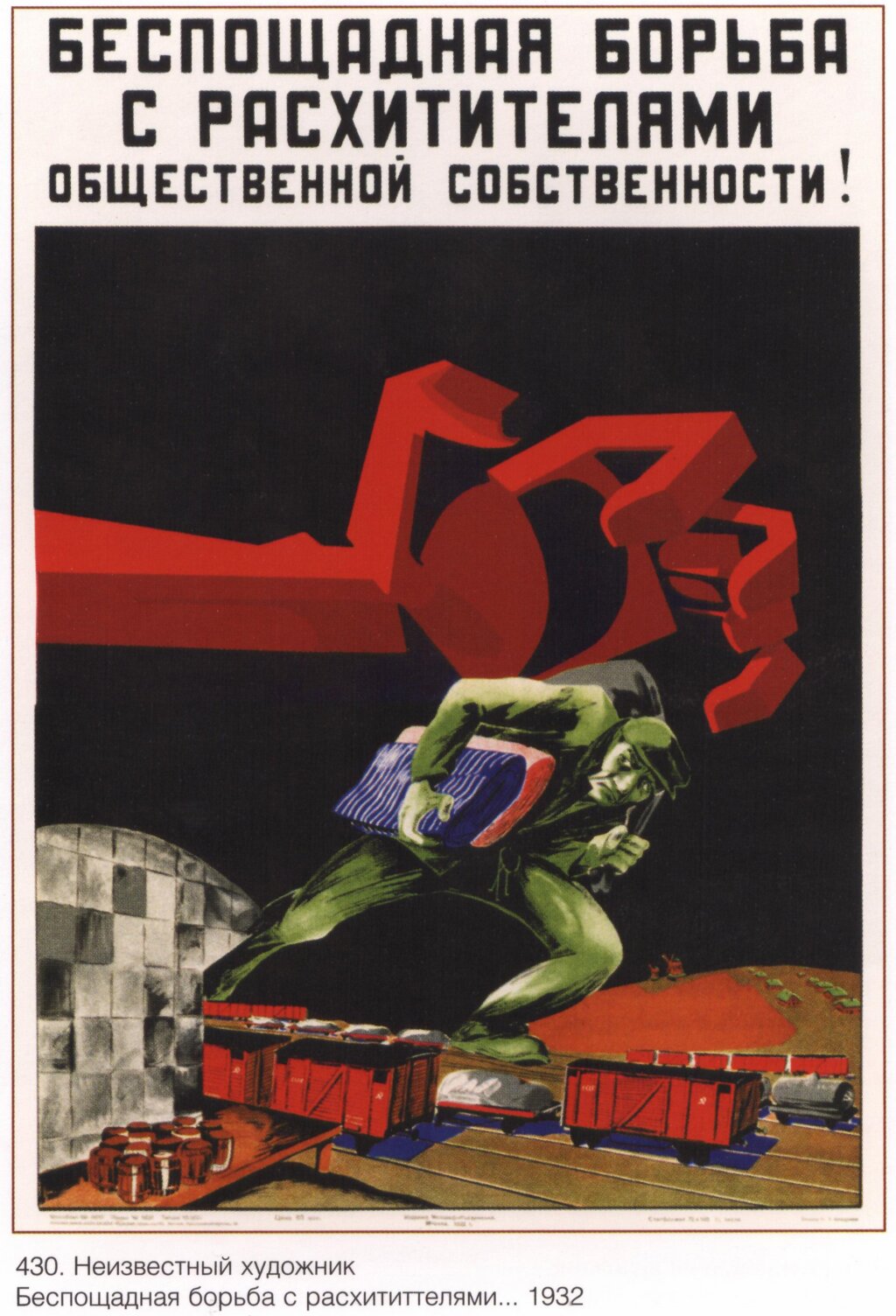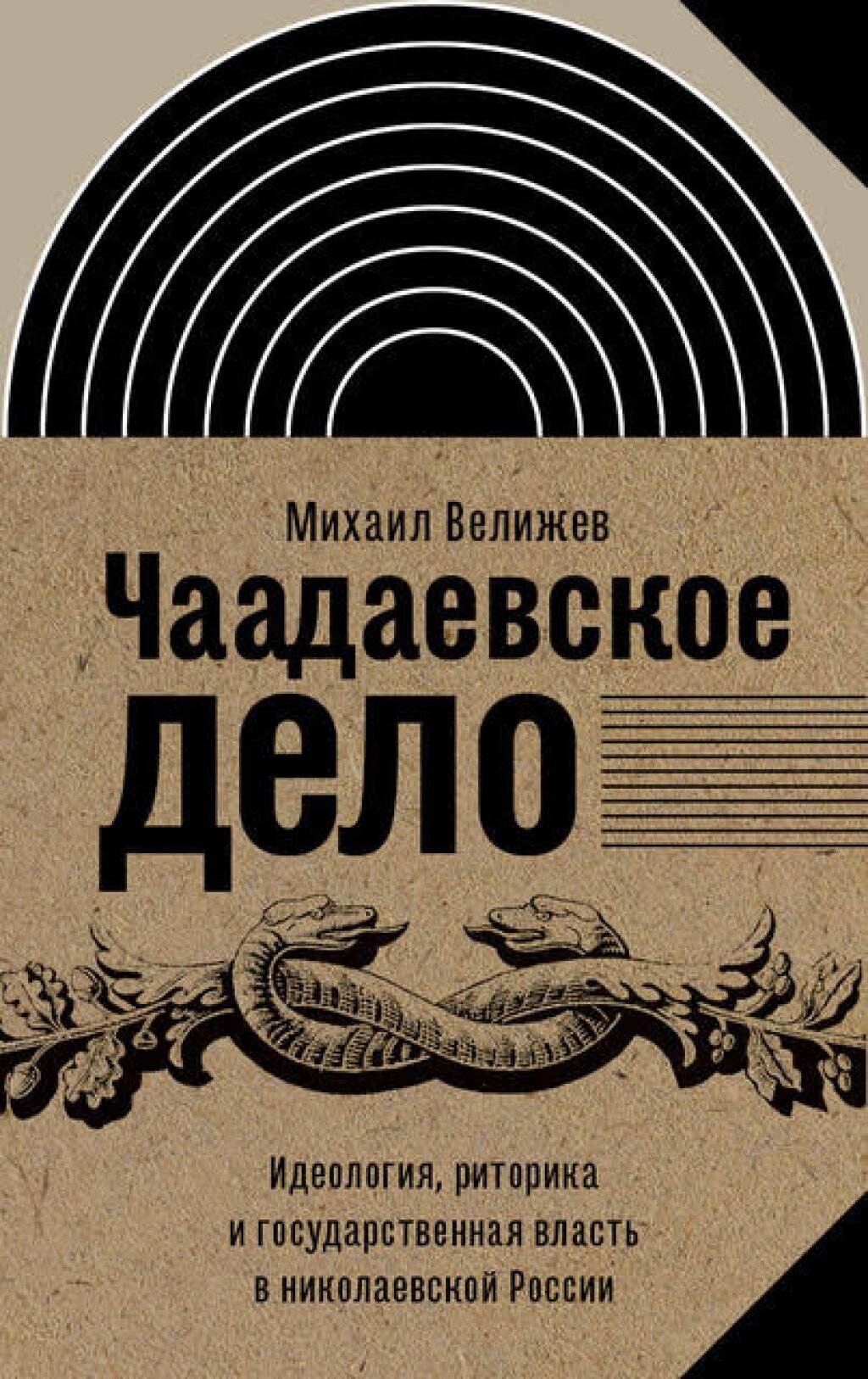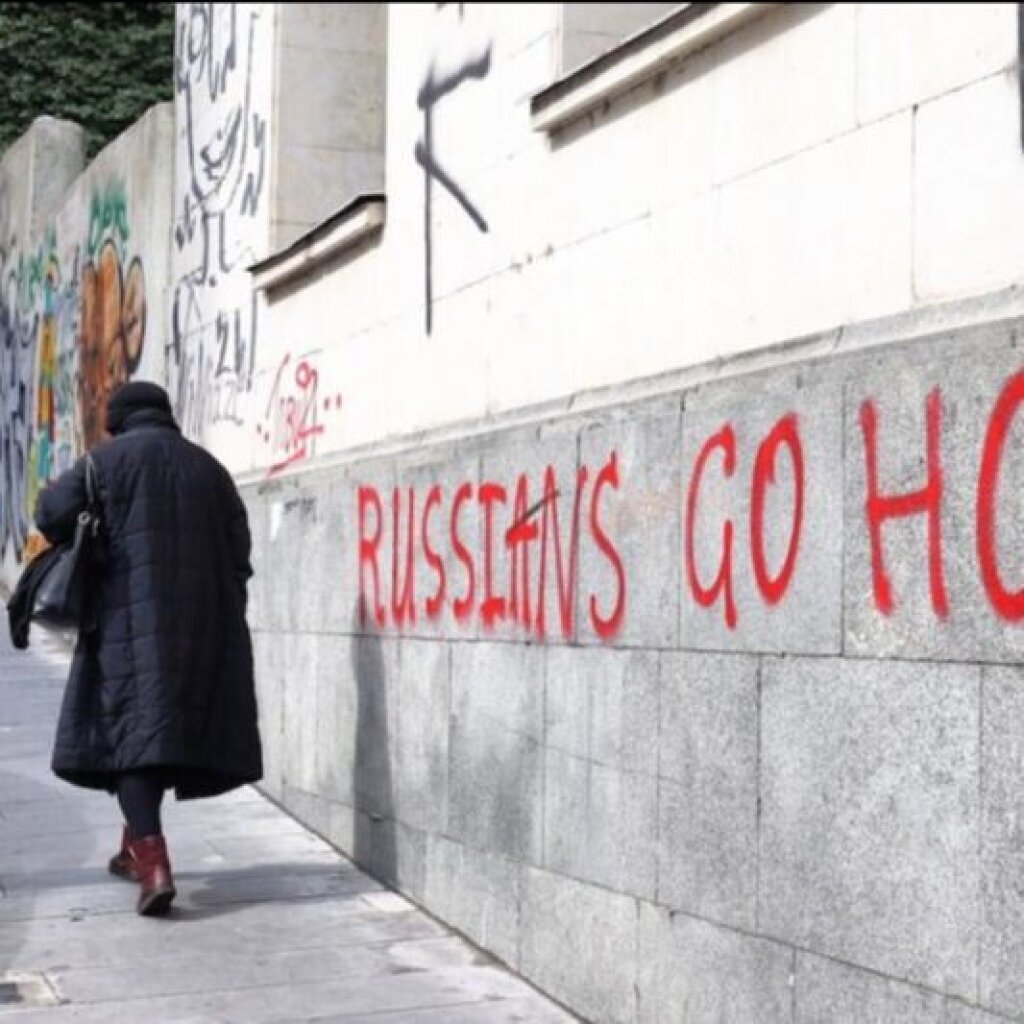On Thursday, September 21st please join us for "Society of Thieves. The Khain Case Study, Kiev 1952" by Juliette Cadiot (EHESS) with comments by James Heinzen (Rowan University). This event is part of the Occasional Series, sponsored by the NYU Jordan Center for the Advanced Study of Russia.
In the talk she presents at the Jordan center « Society of Thieves. The Khain Case Study, Kiev 1952 », she focused on a case of embezzlement at Kiev in the textile industry, which resulted in the major protagonists being given the death penalty as saboteurs in November 1952 (they were executed in February 1953). This case study makes it possible to describe the ways accused people talked and described their actions, how they understood Soviet economic and political rules, and how they interpreted the political culture of the Soviet milieu when they tried to explain their actions before investigators and judges. Thanks to judiciary archives, the historian can redraw the history of the main protagonists and follow their fates through the spectrum of their networks and their search for protection, which eventually failed since the protagonists were condemned because they were Jews as the new Stalinist State antisemitism developped in 1952.
Juliette Cadiot is Professor (directrice d'études) at the EHESS, where she teaches the history of Modern Russia. Specialist of history of nationalities in the Russian and Soviet empires (Le laboratoire impérial, CNRS editions, 2010 and Cacophonies d'empire, ed with Larissa Zakharova and Dominique Arel, CNRS editions, 2013), she is now working on Stalin Repression and Justice (Histoire du Goulag, ed with Marc Elie, la découverte, 2017). She is currently finishing a manuscript called, La Société des voleurs. La protection de la propriété socialiste sous Staline (Society of thieves. The Protection of Socialist Property under Stalin). The book explores the endorsement of laws on punishment of theft of socialist property under Stalin, and focuses especially on the postwar period. She takes up theory and practice of Soviet law in order to understand the functioning of Soviet justice and police, and describe to what extent the postwar period saw an explosion of informal economic practices and the emergence of a “new Soviet society”. Soviet citizens, especially those who were well-integrated, did not openly resist the Stalinist regime anymore, but they undermined it in their daily practices, such as clientelism and corruption. The development of social networks and exchange of commonalities constantly transformed decisions of the leadership and, in the end, milded its authoritarian nature. As the response, Stalin ordered to punish severely thieves, whose composed almost the half of prisoners of Gulag camps when the dictator died. The Soviet government was aware of the multiple practices of embezzlement, even at the small scale during periods of famine, and punished them very harsly. The metaphor « Society of thieves » evokes a certain kind of society, revealing that the people involved shared not only behaviors and exchanges, but a sense of autonomy. The Soviet State was legitimizing itself by its ability to give the Soviet population a way to fulfill basic needs, the theft of public property, in the end, became a privileged means chosen by many Soviet people to make the words of the State a reality.
James Heinzen is Professor of history at Rowan University in Glassboro, New Jersey. He is author of two books on Soviet History, most recently The Art of the Bribe: Corruption under Stalin, 1943-1953 (Yale University Press, 2016). This research was supported by the National Endowment for the Humanities, the National Council for East European and Eurasian Research (NCEEER), the Kennan Institute of the Woodrow Wilson Center, and the Archives and Library of the Hoover Institution for War and Peace at Stanford University. Heinzen is currently working on an archive-based social history of illegal enterprises and shadow markets in the Soviet 1950s-1980s.



